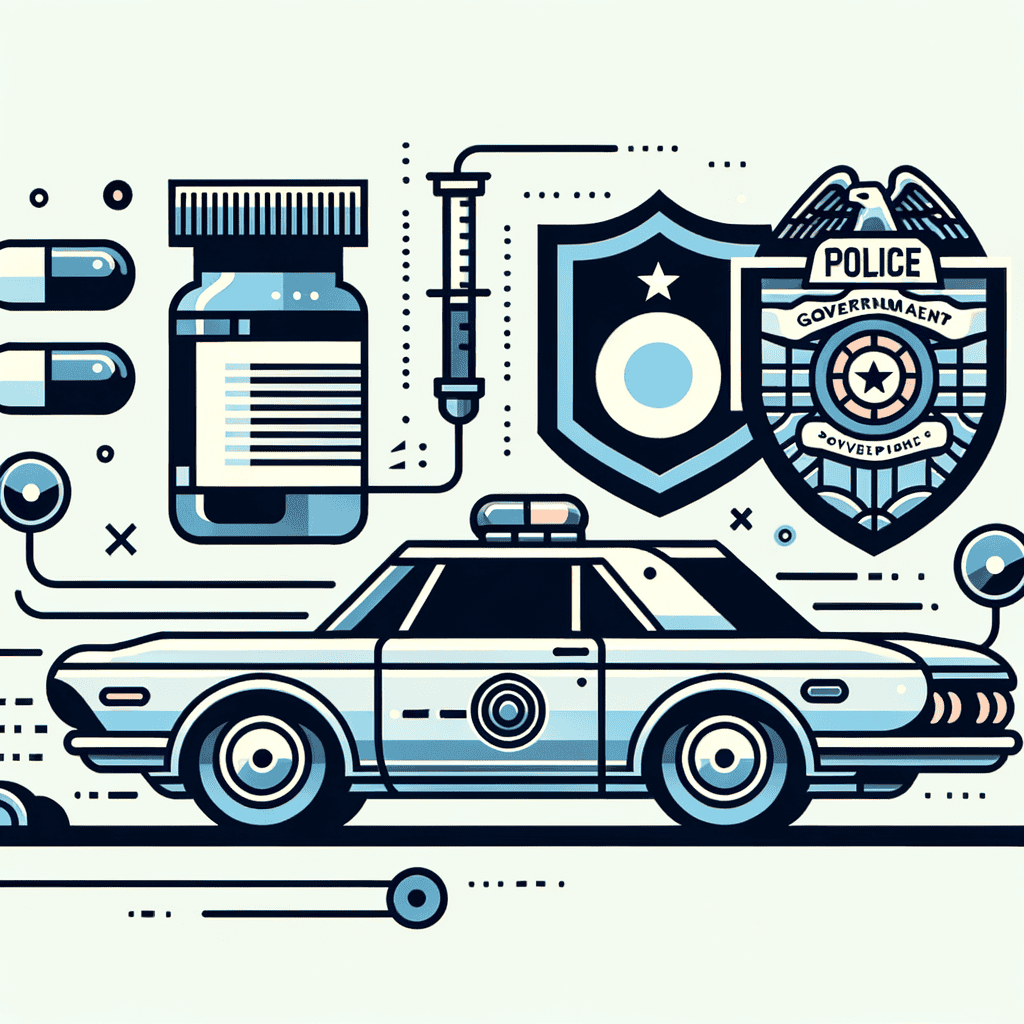There has been a recent development in the illegal drug trade. The Fiji Police Force disclosed that both authentic and fake Government number plates are being used for the transportation and sale of illegal substances. The discovery was made during routine traffic checkpoints.
The police emphasized the significance of routine checkpoints in their work and for raising awareness among drivers about safety issues and crime trends. They urged the public to participate in the fight against drug trafficking, stressing it as a shared responsibility.
The Government recently introduced the National Counter Narcotics Strategy 2023 to 2028 to address the escalating challenge of illicit drug trafficking on Fiji’s security. Moreover, a Narcotics Bureau was approved last month, with $2 million allocated for its establishment under the Ministry of Home Affairs in the 2024-2025 National Budget.
The Narcotics Bureau’s role will include law enforcement, investigations, prosecution, intelligence gathering, and awareness conducting in coordination with key agencies, according to Finance Minister Biman Prasad. He also noted the Home Affairs ministry has launched a Counter Narcotics Strategy for 2023-2028, focusing on seven strategic areas such as demand reduction, supply reduction, harm reduction, legal reform, data collection, establishment of a Drug Court, and international cooperation partnership.
Furthermore, the police’s budgetary allocation has increased by $43.1 million to $226.8 million. Minister Prasad announced the forthcoming introduction of a drug rehabilitation centre in Fiji to help those affected by the drug issue. To facilitate the centre’s establishment, the government has announced a 13-year tax holiday, including duty-free importation of necessary capital goods.
Businesses that donate to any drug rehabilitation centre will also receive a full tax deduction. The government encourages non-governmental organisations to support and explore options for setting up these centres.
